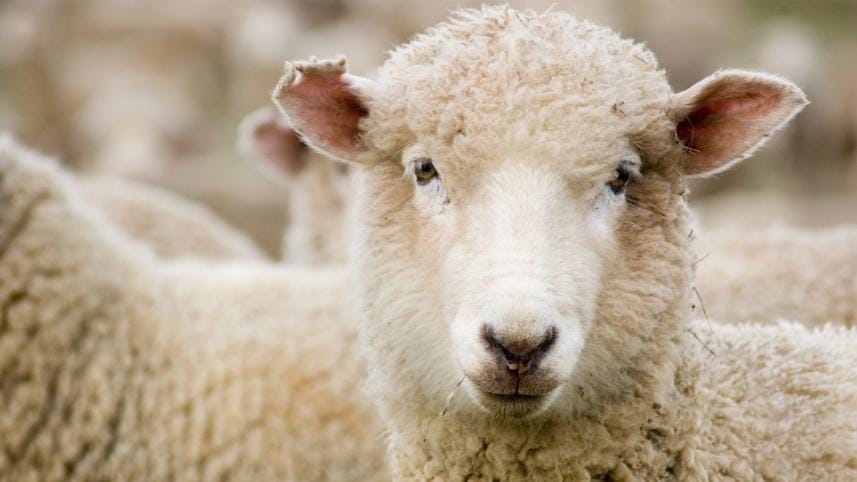Sheep recognise Barack Obama from photo

Sheep learnt to recognise Barack Obama after being shown his photo a few dozen times, said a study Wednesday which suggested our four-legged friends may be smarter than we think.
The former US president was one of four celebrities used in a test of the woolly creatures' face-recognition skills, along with Harry Potter actress Emma Watson, British TV host Fiona Bruce and American actor Jake Gyllenhaal, the research team said.
"We chose these people because there were lots of images of each person available on line, both front-on and taken at different angles," study co-author Jennifer Morton of the University of Cambridge told AFP.
"We also chose them because we were sure that our sheep had never met them in person!".
Morton and a team trained eight sheep to recognise the famous faces from a frontal photo of each of them.
Every time an animal picked the celebrity face instead of a different image on a second screen, it would get a food reward.
The sheep would nuzzle up close to their chosen screen, where they would trigger an infrared sensor releasing a treat, if they had chosen correctly.
In subsequent tests, the sheep chose the learnt celebrity face eight times out of every ten, said the research team.
They then challenged the animals again, this time by showing them a picture of the same celebrity, but using a new photo of their face tilted at an angle.
The sheep's accuracy dipped to about 66 percent -- "a magnitude similar to that seen when humans perform this task," the team reported in the journal Royal Society Open Science.
Underestimated smarts
The animal's "ability to learn to recognise a person from a 2D (two-dimensional) photograph was surprising, since this requires complex brain processing," said Morton.
In a fifth, and final task, the sheep were shown a photograph of their day-to-day handler -- who they know well but have never seen a picture of -- next to that of an unknown person.
After some initial confusion, the animals picked the handler's picture in 72 percent of cases.
"Humans do tend to underestimate the ability of sheep," Morton said by email. "This current study adds an interesting new ability to the surprising wide repertoire of behaviour of sheep."
Face recognition is a critical social skill in humans, and we are able to identify a known person within milliseconds of seeing them.
Many other animals are known to recognise the faces among their own species, while some -- including macaques, horses, dogs, mockingbirds, and sheep -- can identify individuals from other species too.
The new evidence suggests that sheep can process information about a human face without requiring a 3-D "real person", said Morton.
The study feeds into ongoing research on treating neurodegenerative diseases such as Huntington's, in which face perception can be impaired.
A sheep "model" of Huntington's disease has been bred, displaying similar brain and social changes as witnessed in human patients.
"This face recognition task will allow us to test whether or not sheep carrying the Huntington's disease gene mutation are impaired in their ability to think and reason," Morton explained.
"If this is the case, we can use the test to measure the beneficial effect of new treatments."



 For all latest news, follow The Daily Star's Google News channel.
For all latest news, follow The Daily Star's Google News channel.
Comments